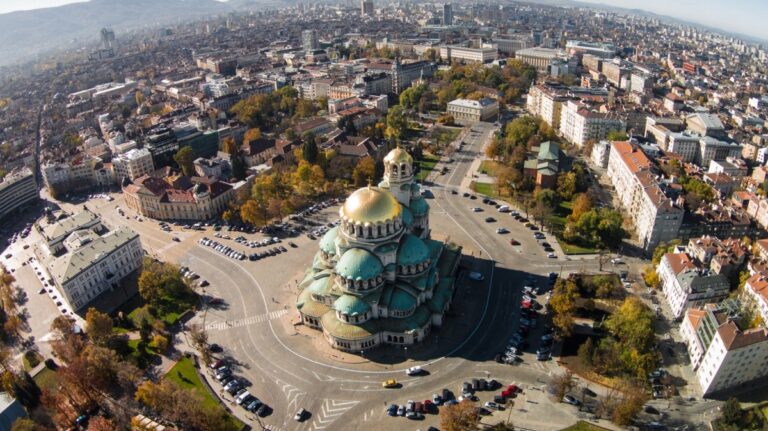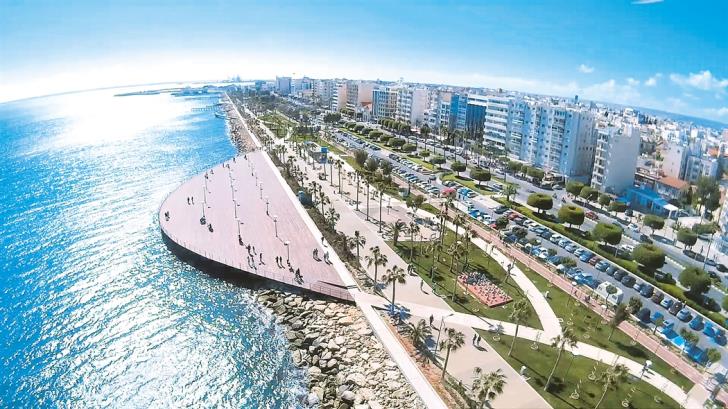
Thinking to expand your Forex and Investment Firm’s business and services reach into Europe, but you are not sure which European country destination can support your business activities and allow you to enjoy a relaxed tax regime on both business and personnel?
You are not the only one. In our preliminary consultations with clients, this is one of the most commonly asked question “Why Cyprus?”
Even more common now with UK out of European Union and ASIC closing its reach of services’ to the Australian borders only, more and more FCA and ASIC regulated brokers are turning their attention to the European grid of regulators in search for their next location that can allow them to serve the EU countries freely, on EU cross-border basis.
The most popular Investment Firms and Forex Licenses’ destination in Europe, used to be FCA in UK, CySEC in Cyprus, FSC in Bulgaria and MFSC in Malta. Today, the first is no longer an EU option and the last, due to corruption scandals, it is not considered a jurisdiction with the brightest reputation at the moment, and this may make it difficult for an Investment Firm, a Forex or a Crypto Exchange business’ collaboration with payment service providers, banks and other related associates.
That leave us with the last 2 currently standing, CySEC (2001) and FSC (2003). Which brings us to another commonly asked question “Cyprus or Bulgaria?”. This is not a decision to be taken lightly and since there are many benefits and advantage associated to each jurisdiction, we prepared 2 simple bullet points lists with the most important highlights of each jurisdiction that should be considered in your perusal.
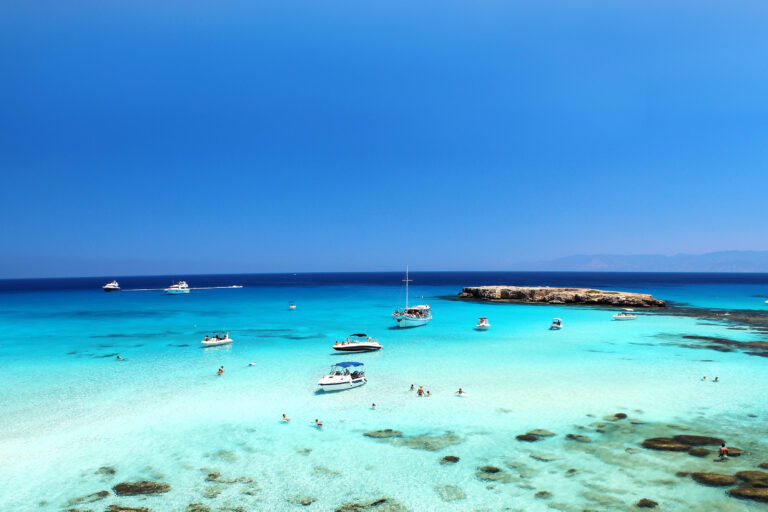
Cyprus
Cyprus, officially called the Republic of Cyprus, is an island nation in the eastern Mediterranean Sea. It is the third largest and third most populous island in the Mediterranean, and is located south of Turkey, west of Syria, northwest of Lebanon, Israel and Palestine, north of Egypt, and southeast of Greece.
The Island is happy to be populated with a diversification of nationalities from all over world, mingled along with the friendly and generous Cypriot people. The native language is Greek however English language is extremely common and most people speak English as a second mother tongue. Cyprus has one of the warmest climates in the Mediterranean part of the European Union. The average annual temperature on the coast is around 24 °C (75 °F) during the day and 14 °C (57 °F) at night. Generally, summers last about eight months, beginning in April and are snow is available during the winter months of January and February in the Troodos Mountains, 2 hours’ drive from a sunny day in the city.
The currency is Euro being a member of the European Union since 2004, and the country adheres to European level regulation, including MiFID II and ESMA publications.
The Cyprus Securities and Exchange Commission (CySEC) was established in 2001 and its Chairwomen is Mrs. Demetra Kalogirou. Cyprus is the number 1 destination for Funds, Forex and Investment licenses among other, in the world and it has awarded over 600 licenses, speaking highly of the Regulator’s personnel’s experience and knowledge. The Annual and Quarterly publications and reports of CySEC, speak to the professionalism, competence, transparency and effectiveness of the Regulators’ activities and its contribution to the economy.
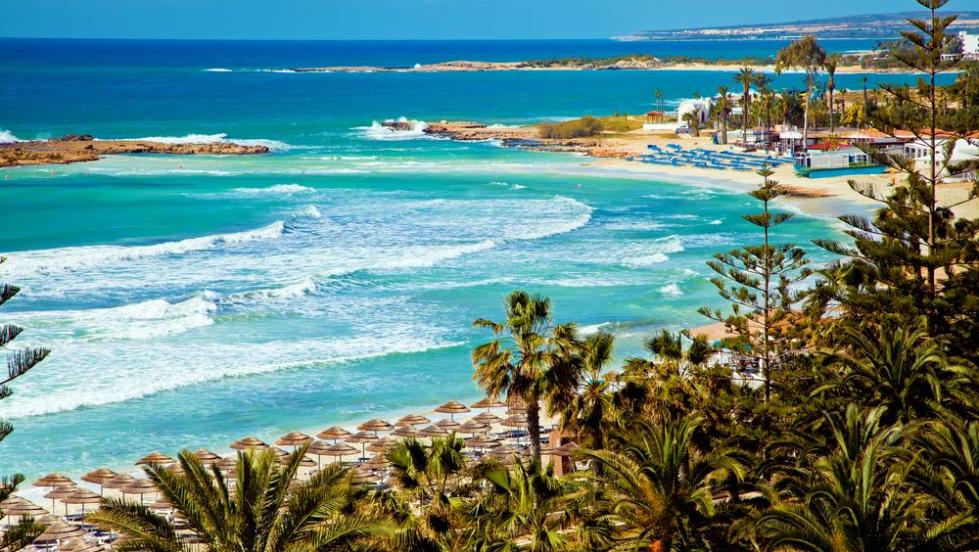
Main features for acquiring a CySEC Forex License in Cyprus:
- 12.5% corporate tax
- 2.5% VAT if registered Intellectual Property
- Dividend’s income tax is 0%
- There is 17% Defense tax on Dividends however foreigners are exempted for the first 20 years
- The VAT 19% and it only applies internally. VAT does not apply outside and between the European Union due to VIES
- 20% and 50% reduction on income tax for expatriates. A 50% deduction available to those who earn employment income of more than EUR 100,000 a year or a 20% deduction available to those earning less than EUR 100,000. That leaves approx. 10% income tax
- EU Free passporting
- Cross-continental Intergovernmental Agreement and Memorandums of Understanding
- Prestigious and popular CySEC license recognized globally
- Advanced technology infrastructure
- Easy to find qualified employees and contractors specialized on regulatory framework
- Financial Hub, the ‘Wallstreet of Europe’
- License process duration from 3 to 9 months
- Directors’ and UBOs’ competence is measured in both experience and education. There are many cases where Directors or UBOs were approved based on their knowledge and experience were not ‘discriminated’ based on educational background even though they had no degrees, if they passed the assessment performed by CySEC
- There are no restrictions on the nationality of the Directors’ or UBOs’
- All laws and publications are done in English and all CySEC employees and officers speak English, as a recruitment requirement.
- Everything is close by and diversified, it is a small but big island
- Popular and beautiful tourist destination
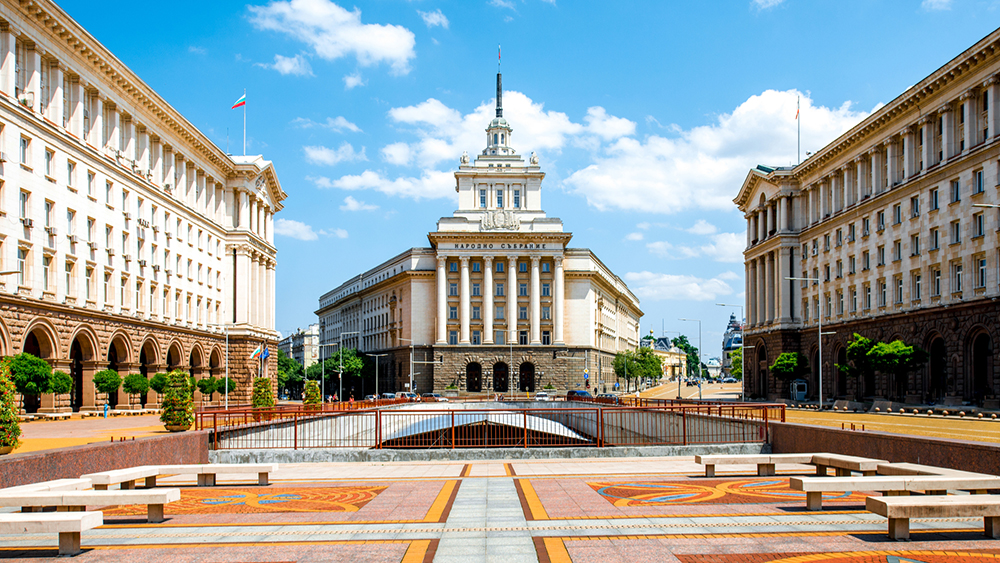
Bulgaria
Bulgaria is a Balkan nation with diverse terrain encompassing Black Sea coastline, a mountainous interior and rivers, including the Danube. A cultural melting pot with Greek, Slavic, Ottoman, and Persian influences, it has a rich heritage of traditional dance, music, costumes, and crafts. The language Bulgarian and the currency is Leva. Bulgaria entered the European Union in 2007 and Since 2011, Bulgaria’s non-membership of the ERM has been the primary factor that prevented their euro membership. The Bulgarian climate is temperate-continental climate with moderate features which is characteristic for Central Europe, with hot summers, cold winters and very distinct seasons.
The Financial Supervision Commission (FSC) was established on March 1st, 2003 under the Financial Supervision Commission Act and its Chairman is Mr Boyko Atanasov. FSC it’s an institution that is independent from the executive authority and reports its activity to the National Assembly of the Republic of Bulgaria. The Commission is a specialized government body for regulation and control over different segments of the financial system – capital market, insurance market, health insurance market, pension insurance market. FSC releases some annual reports which can be found here. The number of Investment Firms and Forex regulated under FSC is significantly lower than CySEC and can be seen here.
Main features for acquiring a FSC Forex License in Bulgaria:
- 10% corporate tax
- Dividends tax 5%
- VAT 20%
- EU passporting
- Newcomer specifically regarding Forex Licensing, in relation to CySEC
- It is a beautiful and popular ski destination among other (ie. Bansko and Vitoshia)
- Advanced technology infrastructure
- License process duration from 4 to 9 months
- Directors’ and UBOs’ must have Degrees or Masters in Finance and/or Economics or related subject, as a minimum, in addition to years of experience.
- At least one Director must be Bulgarian resident/national and also be capable to facilitate communication with the regulator in the Bulgarian language
